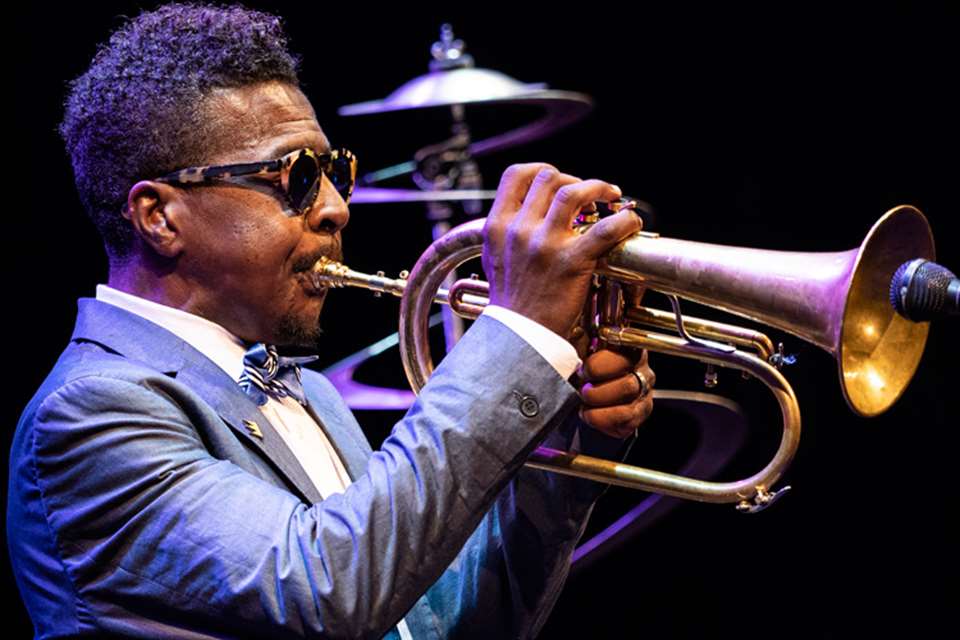Vijay Iyer digs deep on inspired solo set at London Piano Festival
Kevin Le Gendre
Monday, October 17, 2022
Kevin Le Gendre witnesses a stirring performance by the preeminent US pianist at Kings Place, London


Register now to continue reading

Thank you for visiting Jazzwise.co.uk. Sign up for a free account today to enjoy the following benefits:
- Free access to 3 subscriber-only articles per month
- Unlimited access to our news, live reviews and artist pages
- Free email newsletter


